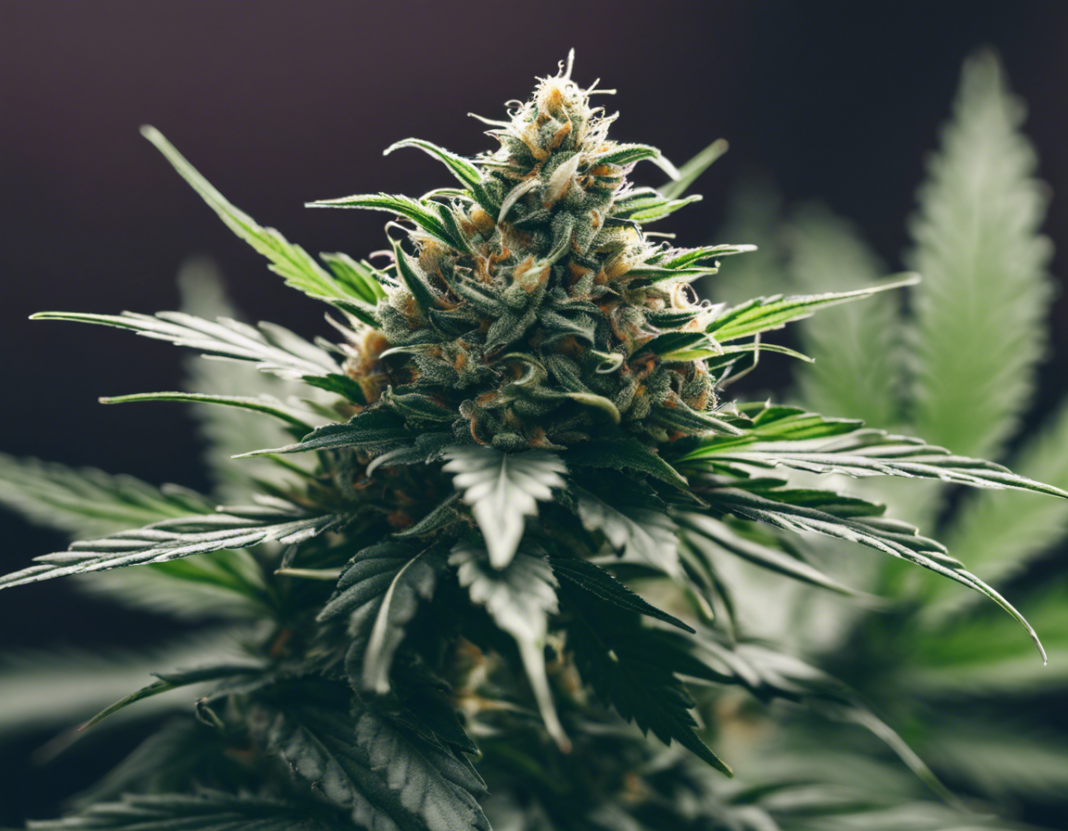With the growing acceptance and legalization of cannabis in various states and countries, it’s essential to explore the impact of such laws, especially Cannabis Legalization at 21. In this article, we’ll delve into the various aspects surrounding cannabis legalization at the age of 21, including its effects on public health, the economy, law enforcement, and society as a whole.
Public Health Implications
1. Prevention of Underage Use
- Setting the legal age at 21 may help prevent underage individuals from accessing cannabis, as it aligns with the legal age for alcohol consumption in many places.
- Studies have shown that early cannabis use can have detrimental effects on brain development, making the 21 age limit crucial for protecting young adults.
2. Reduced Usage Rates
- Research suggests that states with a legal age of 21 for cannabis consumption have lower usage rates among teenagers compared to those with lower age limits.
- Delaying access to cannabis can lead to better decision-making skills and lower addiction rates in the long term.
Economic Factors
1. Tax Revenue
- Legalizing cannabis at 21 can lead to significant tax revenue for the government, as it taps into a new market of legal consumers.
- The cannabis industry has the potential to create jobs and boost economic growth in the form of cultivation, distribution, and retail opportunities.
2. Tourism
- Setting the legal age at 21 may attract cannabis tourism, as individuals from regions with stricter laws may travel to places where it is legal to purchase and consume cannabis.
- This influx of tourism can stimulate local economies and drive revenue for businesses in the cannabis sector.
Law Enforcement and Regulation
1. Reduced Black Market Activity
- Legalization at 21 can help reduce black market activity, as legal avenues for purchasing cannabis become more accessible to individuals of legal age.
- Law enforcement resources can be redirected towards more serious crimes, leading to a more efficient use of public funds.
2. Regulatory Oversight
- Establishing a legal age for cannabis consumption allows for better regulatory oversight, ensuring that products meet safety standards and are accurately labeled.
- Regulations around packaging, marketing, and potency can help protect consumers and promote responsible use of cannabis.
Social Impact
1. Normalization of Cannabis
- Setting the legal age at 21 can help in the gradual normalization of cannabis consumption, similar to alcohol and tobacco.
- This normalization can lead to reduced stigma around cannabis use and foster open conversations about responsible consumption practices.
2. Education and Awareness
- With legalization at 21, there is an opportunity to implement education campaigns about the potential risks and benefits of cannabis use.
- Promoting awareness can empower individuals to make informed decisions about their consumption habits and understand the legal implications of cannabis use.
Frequently Asked Questions (FAQs)
1. What are the potential health risks of cannabis use before 21?
- Early cannabis use can impact brain development, leading to cognitive impairments and an increased risk of addiction.
2. How do age limits for cannabis consumption compare to alcohol and tobacco?
- Many regions have aligned the legal age for cannabis with that of alcohol and tobacco to maintain consistency in regulations.
3. Is cannabis legalization at 21 effective in curbing underage use?
- Research indicates that setting the legal age at 21 can help reduce underage cannabis consumption rates.
4. How does cannabis legalization at 21 impact criminal justice systems?
- Legalization at 21 can free up law enforcement resources, reduce arrests for possession, and redirect focus towards more serious crimes.
5. Does setting the legal age at 21 hinder access for medical cannabis patients?
- Most jurisdictions have separate regulations for medical cannabis, ensuring access for patients who require it for therapeutic purposes.
Exploring the impact of cannabis legalization at 21 reveals a multifaceted landscape that encompasses public health, economic prosperity, law enforcement efficiency, and social attitudes towards cannabis consumption. By carefully considering these factors and implementing evidence-based policies, jurisdictions can navigate the complexities of cannabis legalization to achieve optimal outcomes for both individuals and communities alike.
